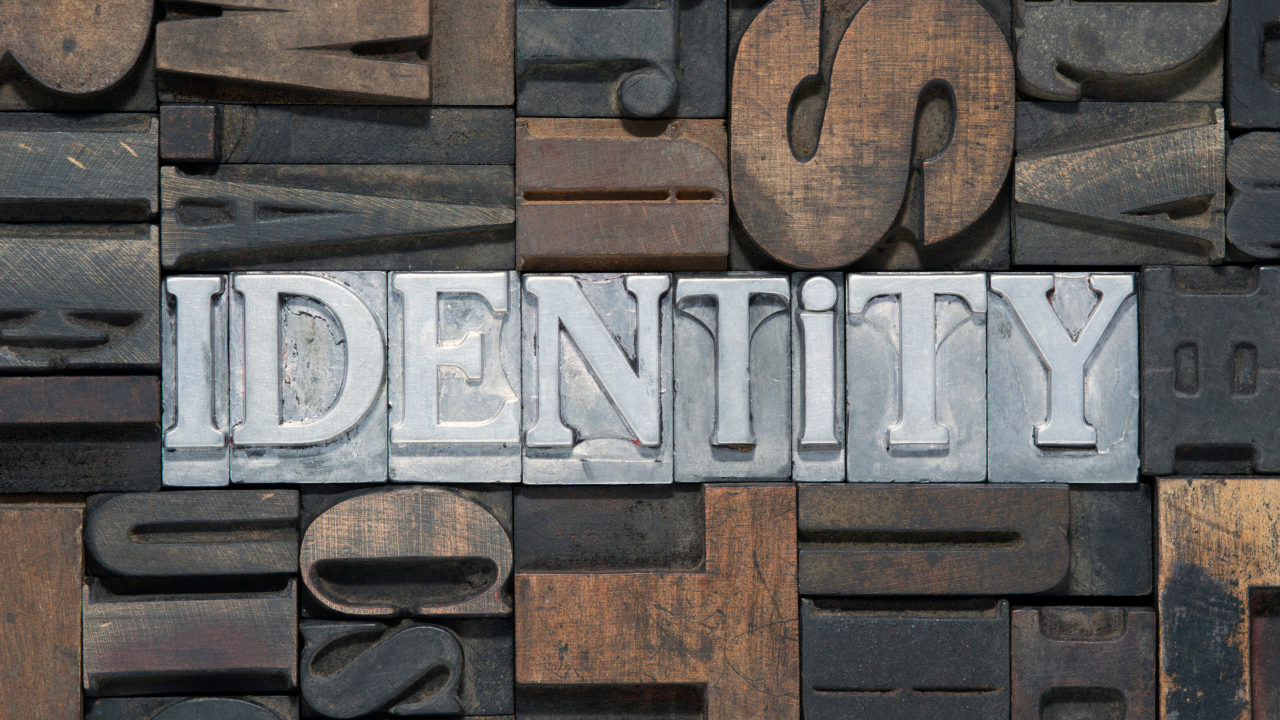Practicing Self-Compassion with Food Allergies

Self-compassion is a powerful practice that involves treating yourself with the same kindness, understanding, and patience that you would offer a close friend. This concept, extensively studied by psychologist Kristin Neff, encourages individuals to embrace their imperfections and challenges without judgment. Rather than criticizing yourself when things don’t go as planned or when life feels overwhelming, self-compassion invites you to respond with gentleness and understanding. It's easy to fall into patterns of self-criticism, especially when we don’t meet our own expectations or experience challenges. However, cultivating a compassionate mindset helps us recognize that we are all human and that it’s okay to make mistakes or face setbacks.
For those living with food allergies, practicing self-compassion is especially important. The reality of managing food allergies can create constant stress. Self-compassion helps alleviate some of the burden by reminding you to be gentle with yourself when things don’t go perfectly. Instead of blaming yourself for a mistake or feeling guilty, self-compassion encourages you to recognize that you’re doing the best you can in a difficult situation. It’s about responding to yourself with kindness when you feel frustrated or overwhelmed by the limitations food allergies place on your life, just as you would offer a friend reassurance and care in a similar circumstance.
At its core, self-compassion is about embracing our shared humanity and accepting that everyone goes through struggles. Instead of pushing through difficult emotions or pretending everything is fine, self-compassion encourages us to be kind and gentle with ourselves when we’re feeling vulnerable. Kristin Neff’s work emphasizes three main components of self-compassion: self-kindness, common humanity, and mindfulness. Self-kindness means treating yourself with warmth rather than harsh judgment, and this is particularly relevant when managing food allergies, where feelings of exclusion or frustration may arise. Common humanity involves recognizing that suffering is part of the shared human experience. Many others face health challenges, including food allergies, and acknowledging that you're not alone in your struggles can help alleviate feelings of isolation. Finally, mindfulness is about being aware of your emotions and physical experiences without over-identifying with them. If you experience anxiety around food or find yourself overwhelmed at a social gathering, mindfulness allows you to observe those emotions without letting them dictate your actions or sense of self-worth.
One of the most important aspects of self-compassion is acknowledging our limitations and recognizing when we need rest. Many of us have a tendency to overburden ourselves with unrealistic expectations or push through exhaustion in the name of productivity or success. Self-compassion helps you confront these tendencies by reminding you that you don’t have to be perfect or always in control to be worthy of care. It’s okay to step back when you need to, whether that means turning down an invitation to a meal or giving yourself space to recover after a stressful situation. Recognizing that you’re not defined by your ability to manage food allergies perfectly allows you to let go of the shame and guilt that might arise when things don’t go smoothly.
In essence, self-compassion is not just a strategy for coping with failure or disappointment; it is a way of being in the world that emphasizes kindness over criticism and acceptance over judgment. By integrating self-compassion into our daily lives, especially when living with the added challenge of food allergies, we create a foundation of emotional resilience, self-acceptance, and personal growth. This practice allows us to move through life’s challenges with greater ease and greater compassion for ourselves and others. Self-compassion enables us to acknowledge our vulnerabilities without shame and to offer ourselves the care and reassurance we need to face each day with confidence and peace.







